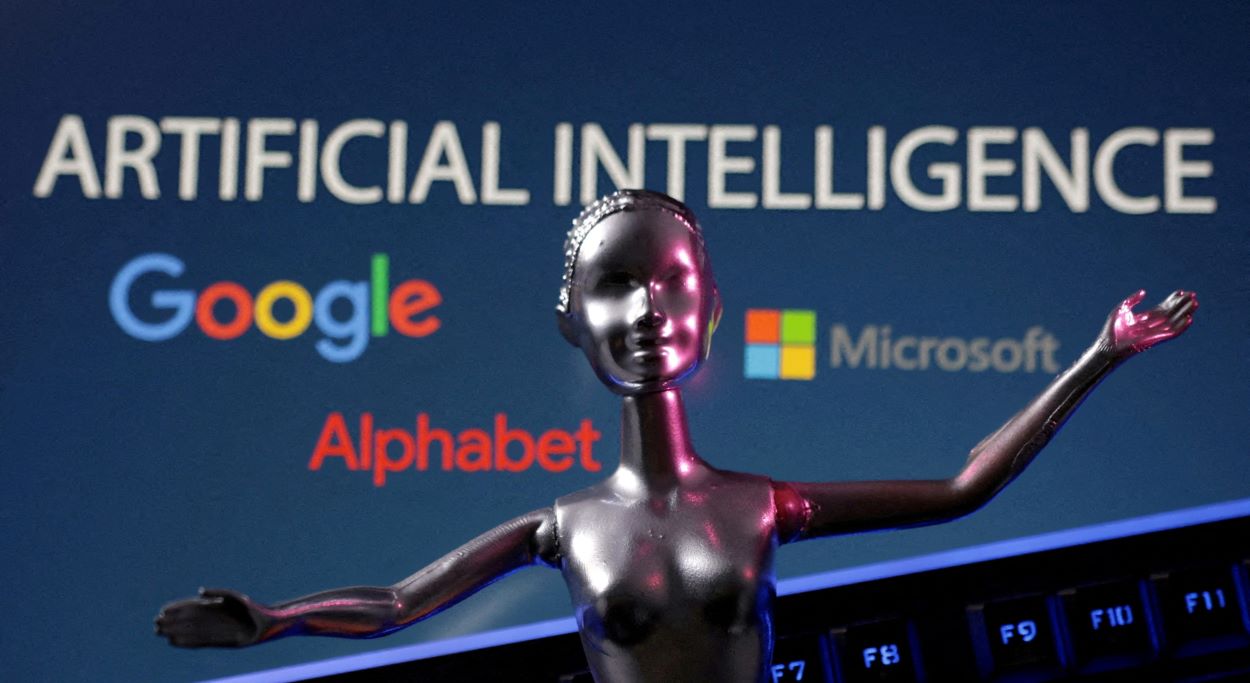Alphabet Inc. achieved a $2 trillion market capitalization for the first time on Friday, buoyed by a robust earnings report and advancements in artificial intelligence.
The company’s stock surged 10% to $171.95, marking its most single-day increase since July 2015, and closed with a market value of $2.15 trillion. This surge added nearly $200 billion to Alphabet’s market cap, one of the largest gains in a single day in stock market history. The stock has climbed 23% this year, outpacing the Nasdaq 100 Index’s 5.3% rise.
The milestone came after Alphabet reported revenues that exceeded expectations, driven by its strong performance in the cloud-computing sector, which has benefited greatly from growth in AI technologies. Additionally, Alphabet has initiated a dividend and announced a $70 billion buyback program, further boosting investor confidence.
Previously, Alphabet’s stock had surpassed $2 trillion on an intraday basis in 2021 and earlier this month, but Friday marked the first time it closed above that level. This achievement places Alphabet among a select group of companies, including Apple Inc., Microsoft Corp, Saudi Aramco, and Nvidia Corp, which have also crossed the $2 trillion threshold. Notably, driven by high demand for its AI chips, Nvidia reached this mark earlier in the year, and Amazon.com Inc. is also approaching it.
Despite its success, Alphabet’s journey to $2 trillion has not been smooth. The stock has experienced volatility and is facing significant scrutiny over its AI capabilities. Before the recent positive report, there was scepticism about its competitiveness with entities like OpenAI.
However, Wall Street remains optimistic about Alphabet, with approximately 85% of analysts tracked by Bloomberg advocating a buy rating. Analysts project that earnings and revenue will continue to grow at a double-digit rate annually through 2026.
Moreover, Alphabet’s stock is considered relatively affordable. It is trading at about 23.5 times estimated earnings, making it one of the cheaper stocks among the top tech giants, often called the “Magnificent Seven.” It trades at a discount to the Nasdaq 100 and is slightly above its 10-year average earnings multiple.






